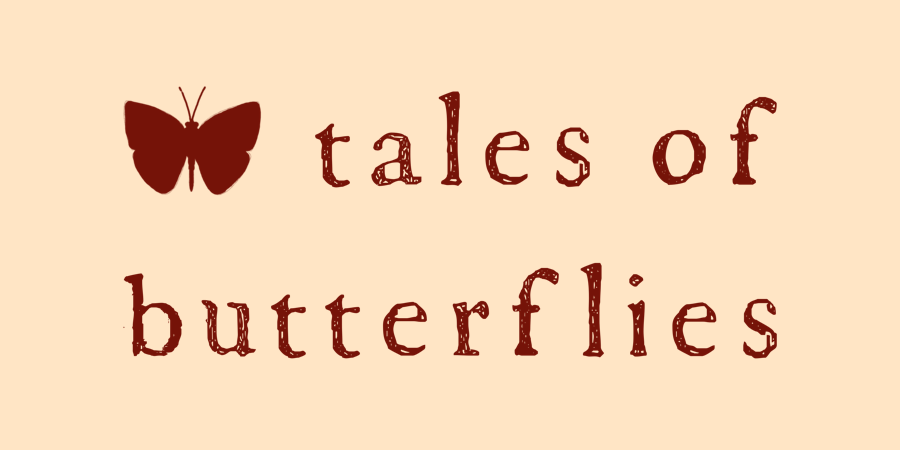Some Tips For Crocheting With Linen Yarn
If you follow me on Instagram, you’ll have seen that I’m a big fan of crocheted garments made with linen yarn. It’s a much different experience from using animal fiber or acrylic yarns, but while there can be some difficulties, there are also lots of fun benefits! Below, I’m sharing some tips for working with linen yarn.
Some Tips For Crocheting With Linen Yarn
My first experience crocheting with linen yarn was when designing my Beverly Boxy Top Pattern. ( I used Quince & Co’s Sparrow fingering weight yarn, linked here – not affiliated.)
Washing Linen Yarn
I did a lot of research before using linen yarn, as I’d heard it was a very different experience from using typical wool or acrylic blend yarns. Unlike those yarns, linen yarn doesn’t have any natural stretch and can be pretty stiff to work with. But, one of the benefits of linen yarn is that it can be machine washed and DRIED, and softens with every wash.
From what I read, some people chose to pre wash the yarn, while it was still hanked, in order to soften it before crocheting. If you choose to do this, place the yarn in a small laundry bag to keep the yarn contained while washing and drying. However, most people choose to wash and dry the yarn after it has been crocheted into an item, and that’s what I personally do.
It may seem counterintuitive if you’re used to crocheting with wool blend yarns, but as mentioned above, linen yarn benefits from the heat of being machine dried.
Here’s a crocheted garment panel pre-washing and blocking. Notice how it seems stiff and the folds sort of “stand” out.
And here’s a crocheted garment post-washing and drying. Notice how it looks softer and drapes more gently.
How To Store Linen Yarn – Cake or Ball?
Though it differs slightly by brand, linen yarn, unwashed, can also be slippery, and as you can see from the picture above, does not stay caked well. Some people don’t use center pull balls or cakes with linen yarn, but instead wind it into a ball and work from the outer end.
I still cake the linen yarn and work from the center, but treat it very carefully when taking it on the go to keep it from unraveling or tangling. Keeping it in a small project bag and being careful not to toss that bag around helps. At home I keep the cake of yarn stationary on my desk while I work.
Here’s the Beverly Boxy Top worn again after several washes, you can compare this photo with the first one and see that the linen is even softer and more drapey.
While working with linen yarn for the first time can be an adjustment, I think the payoff is worth it.







Hope
This is exactly the info & inspiration I was looking for! I recently purchased the Quince & Co. Sparrow yarn online and stupidly didn’t even realize it was linen until it arrived! I still loved the colors I picked and still wanted to attempt making something great, but was left asking myself, “what & how in the heck do I crochet with linen?!” ;)
Thank you!!
Mindy
Aw, yay! I’m so glad it was helpful! I love that yarn, though. Wait until you wash your final make a few times, it gets so soft and comfy!
Pingback: Project Notes: Embroidered Crochet Muscle Tee Original Design -
Suzanne
I am so happy I saw this post before I decided to ‘frog’ my new summer top. I must admit, the linen blend I am working with was a lot more difficult to crochet with, and I absolutely loved the design and colour of my new top, but it was so stiff, I was afraid I would have to rip it all out and make some placemats instead. I’m going to wash and dry it tomorrow and see how much of a difference it makes. I just hope it doesn’t shrink or I may have to loose a few pounds.
Mindy
I hope it’s gone well! Typically linen yarn gets softer and looser over time, so hopefully sizing isn’t too much of an issue!
Mary
Is Katya linen good for making a crocheted tote bag? I’m used to 8 ply wool and size 3.50 knitting needles. Katya doesn’t look like 8ply. What’s the best crochet hook size for Katya linen?
Mindy
Hi! I think linen would be okay for a bag, but just be aware that linen softens over time. A linen/cotten blend might be preferable for a crocheted bag if you want the bag to retain structure better. However, I haven’t used Katya linen before, so I can’t offer advice from personal experience with that particular brand. As for hook size, I would check the suggested size on the yarn packaging, but it also depends on how tight or loose you want the stitches to be. It might be worth it to make up a few swatches and see what you like.